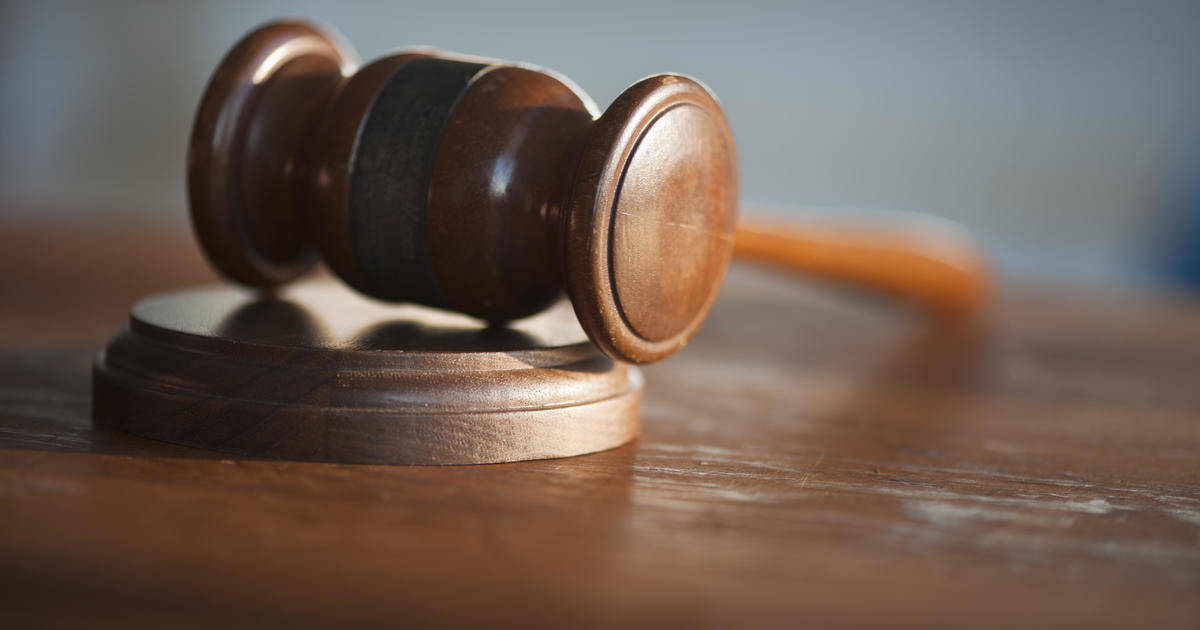TALLAHASSEE – A federal judge has rejected, at the very least for now, a lawsuit tough a controversial new law that restricts instruction on gender identification and sexual orientation in public faculties.
U.S. District Choose Allen Winsor on Thursday issued a 25-web page get dismissing the situation, finding that plaintiffs did not clearly show they experienced legal standing. Winsor, nonetheless, claimed the plaintiffs can file a revised lawsuit as they seek to block the constraints.
The legislation, authorised this calendar year by the Republican-controlled Legislature and Gov. Ron DeSantis, helps prevent instruction on gender identity and sexual orientation in kindergarten by way of third grade and demands that this kind of instruction be “age-correct … in accordance with point out academic requirements” in more mature grades.
It has drawn nationwide interest and led to at minimum one other lawsuit. Republican lawmakers titled the evaluate (HB 1557) the “Parental Rights in Schooling” bill. Opponents labeled it the “Don’t Say Homosexual” monthly bill.
The LGBTQ-advocacy teams Equality Florida and Family members Equality, learners, moms and dads, and lecturers submitted the lawsuit in March and an amended edition in May possibly. The lawsuit alleged, in portion, that the law violated Very first Amendment and due-procedure rights.
In his order, Winsor did not rule on the constitutionality of the law. He centered on a threshold problem of no matter if the plaintiffs confirmed they experienced standing to go after the circumstance – and concluded that they had not fulfilled that necessity.
As an illustration, Winsor wrote that 1 factor in determining standing is regardless of whether a plaintiff can show a connection involving a “defendant’s action and the ensuing harm.”
“The principal problem is that most of plaintiffs’ alleged damage is not plausibly tied to the law’s enforcement so substantially as the law’s extremely existence,” Winsor, who was appointed to the federal bench by previous President Donald Trump, wrote. “Plaintiffs contend the law’s passage, the sentiment guiding it, the legislators’ enthusiasm, and the concept the legislation conveys all induce them damage. But no injunction can unwind any of that.”
As a further case in point, he explained violations of the regulation would be enforced towards faculty districts, not personal teachers.
“With or devoid of the regulation, school districts immediate academics as to what they might and may well not teach,” the judge wrote. “Plaintiffs do not allege or else they do not assert, for case in point, that Florida’s general public-college academics may well educate whatsoever classes they want. So to the extent plaintiffs allege that some teachers or others wish to supply ‘classroom instruction . . . on sexual orientation or gender identity’ to learners ‘in kindergarten by quality 3,’ they would have to show (at a bare minimum) that with no the law their unique college district would allow it. But plaintiffs offer you no precise allegation that any teacher would be giving this kind of classroom instruction absent HB 1577.”
Winsor gave the plaintiffs 14 days to file a revised lawsuit.
In the May amended complaint, the plaintiffs’ lawyers alleged that the evaluate is unconstitutional, discriminatory and “plainly the products of animus to Florida’s LGBTQ local community.” The lawsuit named as defendants DeSantis, the Condition Board of Education, the Florida Department of Education and learning, Education and learning Commissioner Manny Diaz Jr. and seven county college boards.
“HB 1557 piles one particular (constitutional) violation on top rated of yet another,” the lawsuit explained. “It offends concepts of absolutely free speech and equal defense by seeking to censor discussions of sexual orientation or gender identity that figure out and respect LGBTQ persons and their families. It offends thanks procedure by utilizing wide and vague conditions to outline its prohibitions – as a result inviting discriminatory enforcement and magnifying its chilling result on speech. And it occurs from discriminatory purposes and outdated sexual intercourse-centered stereotypes that offend deeply rooted constitutional and statutory needs.”
In a June motion to dismiss the case, the state’s legal professionals argued that the plaintiffs did not have standing. But they also wrote that the plaintiffs “have not arrive near to demonstrating that the Legislature acted out of animus in opposition to LGBTQ individuals.”
“The monthly bill reflects no governmental preference about what pupils should really master about sexual orientation and gender identity,” the state’s attorneys wrote. “Those subjects need to be taught correctly and, for the youngest youngsters, they may well be taught by mothers and fathers, not in general public-school classroom configurations. That is a legitimate (point out) interest.”




